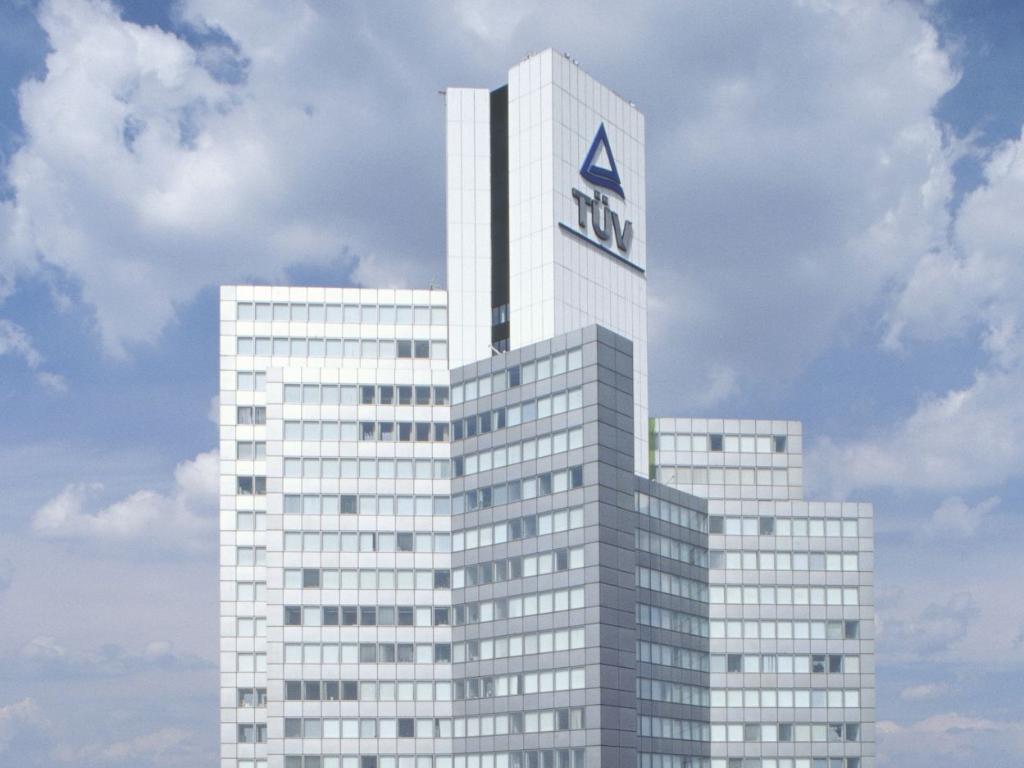Bangladesh: TÜV Rheinland Exonerated in Connection with 2013 Tragedy
Cologne | 10 July, 2018
The national contact point (NCP) for the OECD Guidelines for Multinational Enterprises in the Federal Ministry for Economics and Technology issued a final statement dealing with the collapse of the Rana Plaza building in April 2013, in which it ruled out the alleged joint responsibility on the part of TÜV Rheinland. The background to the current statement was a complaint from various lobby groups concerning the work of TÜV Rheinland because in June 2012, the testing company had conducted social audits on one floor of the Rana Plaza complex. The building complex housed textile factories. At the time of the tragedy, 1,100 employees died. The complaint was based on the allegation that auditors from TÜV Rheinland had not checked the state of the building carefully enough. However, the NCP now pointed out that the building support structure had not been the subject of the social audit, thus the audits are not related to the collapse in any way.
In light of the statement of the NCP, TÜV Rheinland considers its position fully confirmed. Immediately after the collapse, TÜV Rheinland had publicly stated: “The claim that TÜV Rheinland did not detect any construction defects during inspections of the collapsed textile factory and carried out inadequate audits is misleading and incorrect. The reality is that the examination of construction defects was not the subject of the audits. TÜV Rheinland believes that the tragic disaster in Bangladesh rather underscores the need for extended independent controls by third-party testing service providers.“ In response to the disaster in the Rana Plaza building, organizations which are dedicated to checking the safety of buildings have been set up, such as Bangladesh ACCORD.
Unilateral final statement ends procedure
TÜV Rheinland’s participation in the NCP procedure was voluntary, and its goal was to achieve a common understanding with the complainants. The complaint was submitted by the European Center for Constitutional and Human Rights (ECCHR) and the Femnet organization, among others, in May 2016. Complainants from Bangladesh have decided not to participate in the procedure because they did not want to commit to compliance with fundamental rules, such as the confidentiality of mediation. After an agreement could not be reached, even in intensive negotiations lasting more than two years, it was the Federal Ministry for Economics and Technology’s task to end the procedure by means of a unilateral final statement.
The statement from the German Federal Ministry of Economics stresses that the parties involved “spent a considerable amount of time working closely and constructively, coupled with a will to compromise, and – despite their different opinions on the matters raised – did not lose sight of the people involved in Bangladesh and the human side of the procedure.”
TÜV Rheinland’s work has no “direct connection” to the disaster
The Ministry concludes that the responsibility of TÜV Rheinland for the disaster, alleged by the complainants, cannot be retained. There were no indications for any statement of TÜV India “which could have been seen as contributing to the collapse of the building or as being directly linked to it." The report also states that the associations raising criticisms did not have any evidence that the TÜV Rheinland employees could possibly have identified a risk of collapse during the audit “despite not having any expertise in structural analysis.” Auditors for social standards do not have such expertise because their audits concern compliance with fundamental labor rights, work organization and working conditions, not building services technology or structural design.
Contrary to the complainants’ opinion, the NCP concludes that “social audits organised by private-sector companies will remain an important and widely-used tool for monitoring and auditing global supply chains for a long time to come.” The NCP makes recommendations for the further enhancement of social audits and suggests that the participants report accordingly on further developments on this basis. The Ministry acknowledges that testing companies such as TÜV Rheinland are not standard-setting organizations, but only carry out the audits in accordance with the recognized standards. These standards include SA 8000, SMETA, ISO 45001, and the BSCI Code of Conduct.
Enhancing social audits further
As a globally operating testing company, TÜV Rheinland has welcomed the critical and forward-looking discussions of the disaster in Bangladesh and has at all times constructively supported these discussions. TÜV Rheinland will continue to assume its responsibility which consists in constantly scrutinizing its own work, including processes and contents, regarding the carrying out of social audits and will continue to make suggestions for the further development of standards. This is part of TÜV Rheinland’s identity and core values, not the least as a long-time member of the United Nations Global Compact, the world's largest and most important initiative for corporate social responsibility and governance.
The NCP’s final statement on the complaints procedure was published on June 26, 2018.
Information on the NCP’s work and the procedures can be found at www.bmwi.de/oecd-nks on the Federal Ministry for Economics and Technology website.
Your contact for editorial inquiries:

TÜV Rheinland Press Office
Do you have any questions on this topic or need further information?
Please do not hesitate to contact us:
Phone: +49 221 806-2148